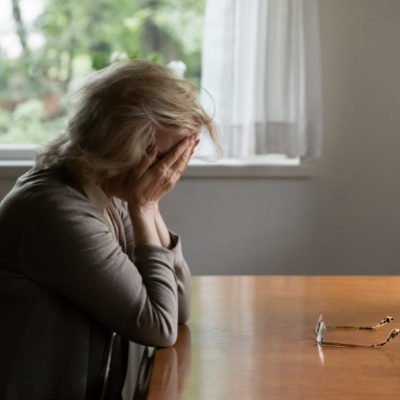By Prof.Shabnam Delfani (World Women Peace Ambassador)
London (London Post) – Every hour, eleven women and girls in the UK report being raped, totaling 264 cases daily, according to the Office for National Statistics (ONS). Yet, the Crime Survey for England and Wales (CSEW) reveals that only one in six rapes is reported, suggesting a far graver reality. As a World Women Peace Ambassador with experience in conflict zones, I am appalled that a leading democracy like the UK is systematically failing women, with institutions meant to protect them perpetuating neglect and betrayal. This is not just a gender issue—it is a national emergency demanding urgent action, yet the government’s response remains inadequate.
Only 2.1% of reported rape cases result in charges, with even fewer convictions, according to Home Office data. Survivors face delays of months or years for court hearings, with over 3,355 rape cases awaiting trial in England and Wales as of January 2025, averaging 358 days for defendants on bail. Many endure invasive practices, such as “digital strip searches” of their phones, which a 2021 HMICFRS and HMCPSI report found to be “irrational and over-intrusive” in 60% of cases, often leading to case closures if survivors refuse. Operation Soteria, launched in 2023 to improve investigations by focusing on perpetrators, has shown progress—a 95% increase in police referrals to the Crown Prosecution Service (CPS) and a 91% rise in cases reaching Crown Court in 2022 compared to 2019. However, with only 2,655 prosecutions in the year ending March 2023, far below the government’s target of 5,190, these gains are insufficient.
Police forces face accusations of institutional misogyny, with a 2023 Baroness Casey report exposing sexism within the Metropolitan Police, including victim-blaming and evidence mishandling. Rape Crisis England & Wales reports that 69% of survivors withdraw before trial, often due to dismissive attitudes. One Birmingham survivor told the BBC that police advised her not to “ruin [the perpetrator’s] life” over uncertainty, highlighting a culture that deters reporting. Sexual violence carries a profound societal toll: it costs the UK £8.1 billion annually in lost productivity, healthcare, and justice expenses, per Home Office estimates. It restricts women’s freedom, with 7.7% of women aged 16 and over—1.9 million—having experienced rape since age 16, per the CSEW. This erodes trust in institutions, fostering apathy and fear among half the population.

Rape Crisis England & Wales warns that 53% of its centres face service cuts due to underfunding, with 14,000 survivors on waiting lists as of July 2025. A 2025 report noted that two-thirds of centres may reduce counseling without multi-year funding, despite the government’s £147 million annual commitment to victim services until 2025. Survivors’ stories underscore this betrayal. Amy, a London survivor who waived anonymity, shared with the BBC that her case collapsed after police failed to extract phone data, leaving her on suicide watch. “Victims already feel that everything is the victim’s fault, but the police will definitely ensure that you feel that way,” she said.
Urgent reforms are needed. The government must declare a national emergency, establishing a task force with emergency funding and legislative powers. Specialist sexual violence courts with trauma-informed judges could reduce delays and re-traumatization. Nationwide consent and equality education should start in primary schools. Rape crisis services require sustainable funding akin to NHS mental health commitments. Legislation must hold police, universities, and employers accountable for mishandling reports, with clear penalties. The 2021 Rape Review and Operation Soteria are steps forward, but as Rape Crisis CEO Jayne Butler stated, “Survivors are coming forward in increasing numbers… and the Government have promised to act on this.” Promises alone are not enough.
This is a moment of reckoning for the UK’s justice system and its commitment to safety, equality, and human rights. Women are demanding justice, not sympathy, in a system that too often delivers impunity. The government has the resources and frameworks but lacks the will to confront systemic patriarchy. The question is whether it has the courage to protect women rather than abandon them.
INPS Japan/London Post


